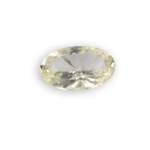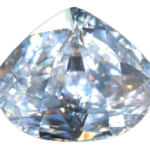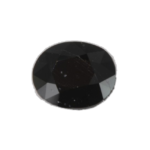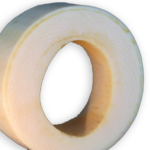
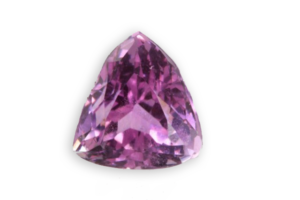
kunzite
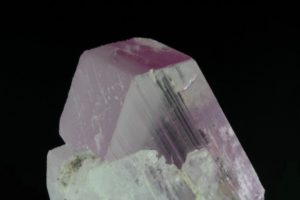
pink kunzite crystal of Afghanistan
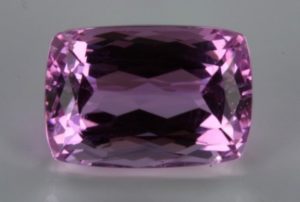
kunzite of Afghanistan cushion cut
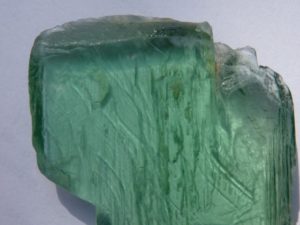
kunzite from Afghanistan turned green by treatment
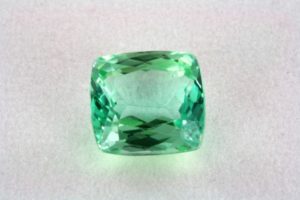
kunzite treated to turn green
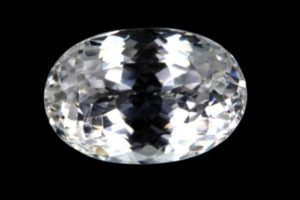
colorless spodumene from Patroke in Afghanistan
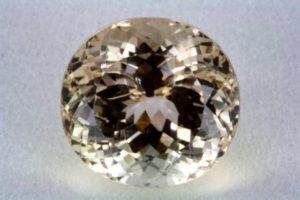
yellow oval cut spodumene from Patroke in Afghanistan
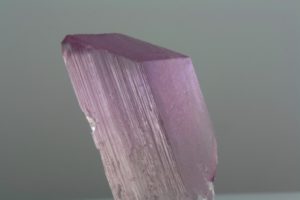
deep pink kunzite crystal from Afghanistan
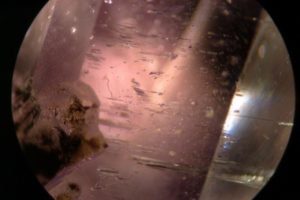
gas – liquid like inclusions
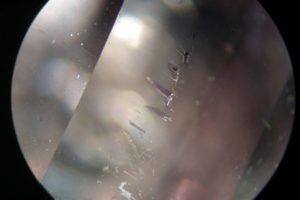
crystalline gap – type inclusion
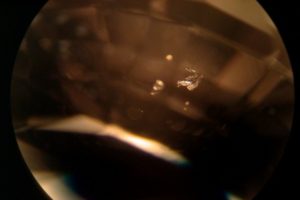
solid like inclusion : mica
Detailed sheet
kunzite
It is a variety of spodumene, which is named after the American mineralogist and gemologist G. E. Kunz who analyzed it first, in 1902.
The kunzite has a unique color due to manganese : pink purple more or less intense depending on the crystal orientation and the presence of manganese.
It was noted recently that “green spodumenes” from Afghanistan, previously called “Hiddenite” (variety of green chromian spodumene), became pink after a few days of sun exposure … in fact they were kunzites that after “heat treatment” or irradiation became green, but did not contain chromium, and lost their green color under the light.
Spodumene, whose name comes from the Greek, it means “color of ashes”, because it is often gray, presents the phenomenon of phosphorescence, it glaws in the dark after being exposed to ultra-viotets or natural light.
The yellow or colorless variety of spodumene is called triphane.
The green chromian variety of spodumene is the Hiddenite (see hiddenite).

CHEMICAL CHARACTERISTICS
LiAl[Si2O6]
lithium aluminum silicate

PHYSICAL CHARACTERISTICS
Main color
pink
Other colors
colourless, yellow, purple
due to manganese: pink lilac can fade in light over time
Color of streak
white
Luster
vitreous
Hardness
6.5 to 7.0
Density
3.15 to 3.20
Cleavage
perfect
Fracture
conchoidal, uneven
fragile due to its easy cleavage

OPTICAL PROPERTIES
Transparency
transparent
Refractive index
1.660 - 1.680
Double refraction
0.014
weak, biaxial (+)
visible double refraction
No
Dispersion
0.017(0.010)
Pleochroism
definite
Number of colors
3
purple, pink, colorless
Fluorescence
strong
yellow to orange, pink
Inclusions
few inclusions, some crystal cavities elongated arrow-shaped, liquid inclusions in veils

CRYSTALS PROPERTIES
irregular tabular prismatic
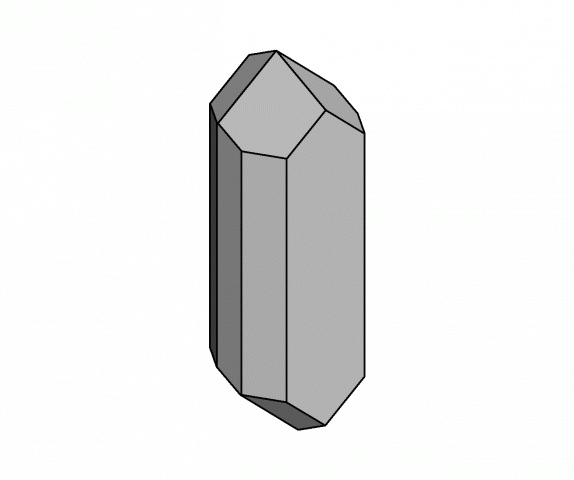
crystals system
monoclinic

OTHER INFORMATIONS
Astrological sign
Capricorn, Gemini

APPROACHING GEMS
Exploited
sites
It is found mainly in Brazil, in Afghanistan especially in the Kunar Valley in the Patroke mine that produces, since 2007, kunzites of a deep pink color, in Burma, in USA, in Madagascar, in Pakistan, in Brazil.
use in jewelry
In jewelry, the table is cut perpendicular to the axis of the crystal to enhance its color. Often the cut stones have a significant breech to improve the color.
Avoid the sun exposure because it can wash out. Depending on their origin, some kunzites very quickly lose their color, while others preserve it. It was often confused with amethyst because of its hardness and pink color
Daily care
and precautions
Not sensitive to acids and household products, but very sensitive to shocks because of its easy cleavage.
imitations and
treatments
It can be confused with rose colored gems such as : pink rose quartz, rubellite, pink sapphire. It can be imitated with colored lenses, doublets, corundum or synthetic spinel.
The heating to 150 ° C, improves its brownish color and green purple color.
Historical
healing properties
It is a stone evoking tenderness and shy purity, which would stimulate the mind during sleep, causing amorous dreams. It would rebalance the mind, alleviate emotions during a bereavement, a mourni (Heart chakra). It should be given to unruly children. It is a stone that accumulates little negative energies.
historical stones
and related legends
In Asia and North-east Europe it is used since the sixteenth century as a gemstone and as a protective talisman symbol of rebirth.
Venez visitez
notre site web
voillot-joaillier.fr
Lorem ipsum dolor sit amet, consectetur adipiscing elit. Ut elit tellus, luctus nec ullamcorper mattis, pulvinar dapibus leo.Lorem ipsum dolor sit amet, consectetur adipiscing elit. Ut elit tellus, luctus nec ullamcorper mattis, pulvinar dapibus leo consectetur adipiscing elit. Ut elit tellus, luctus nec.

